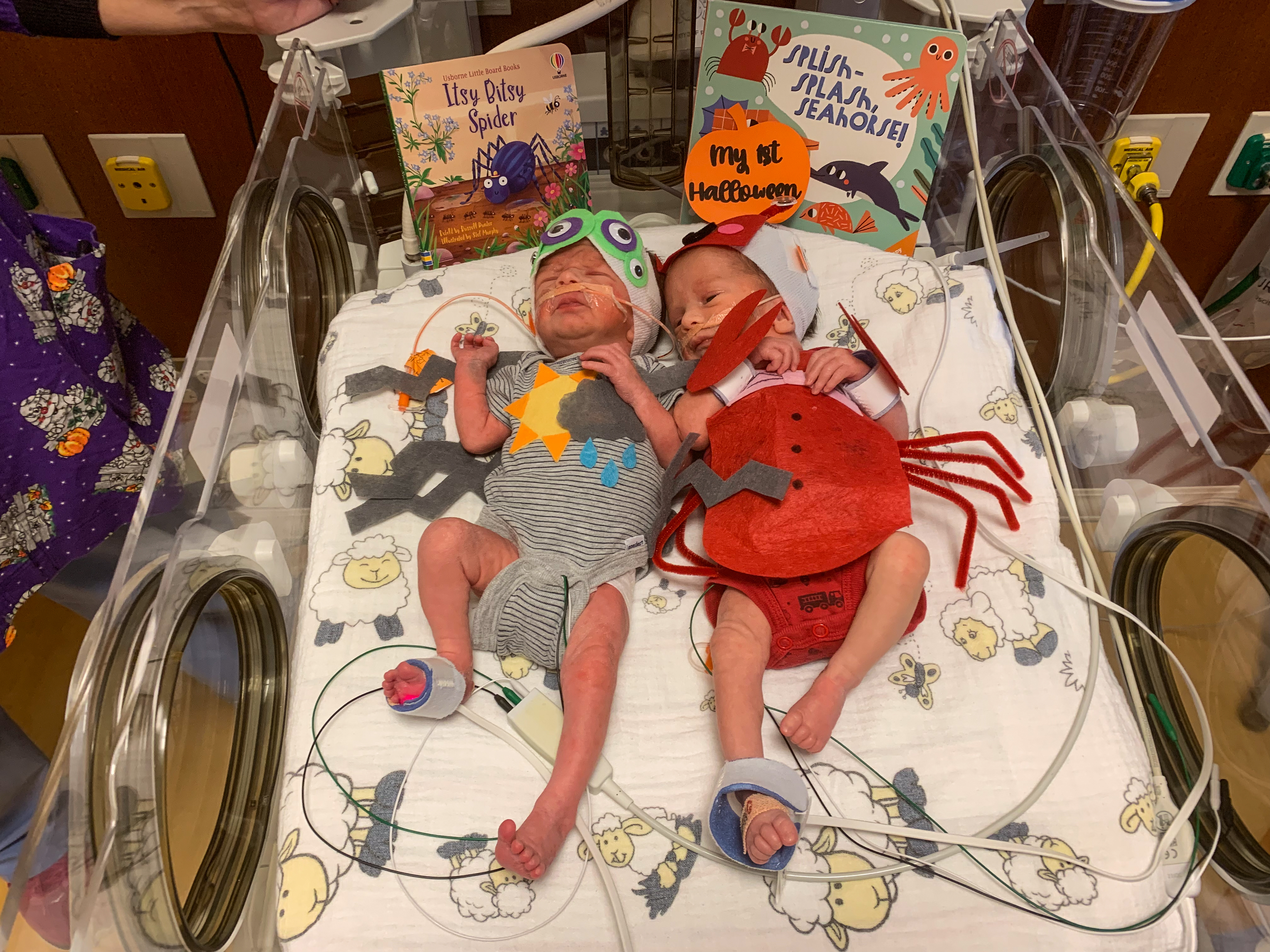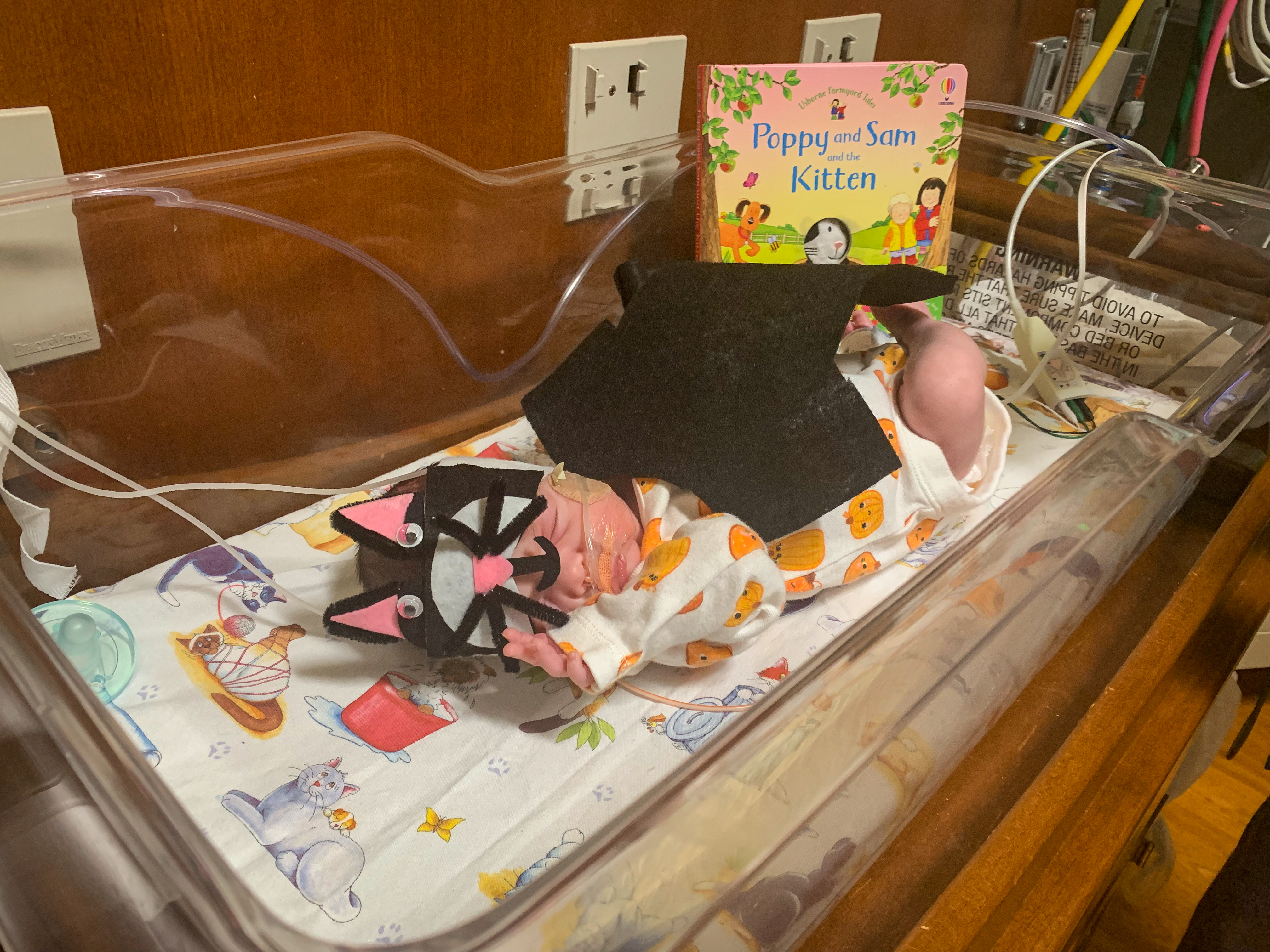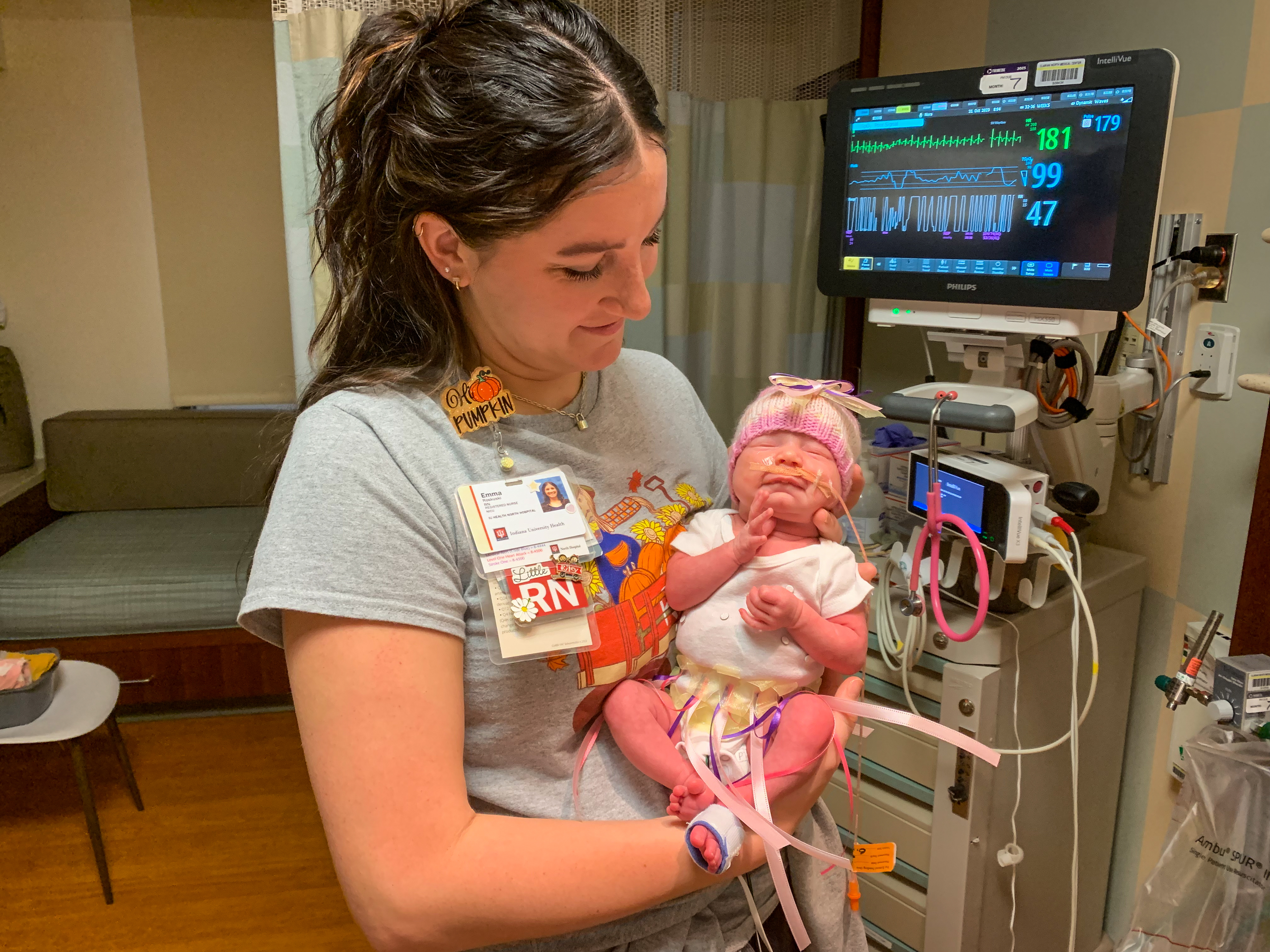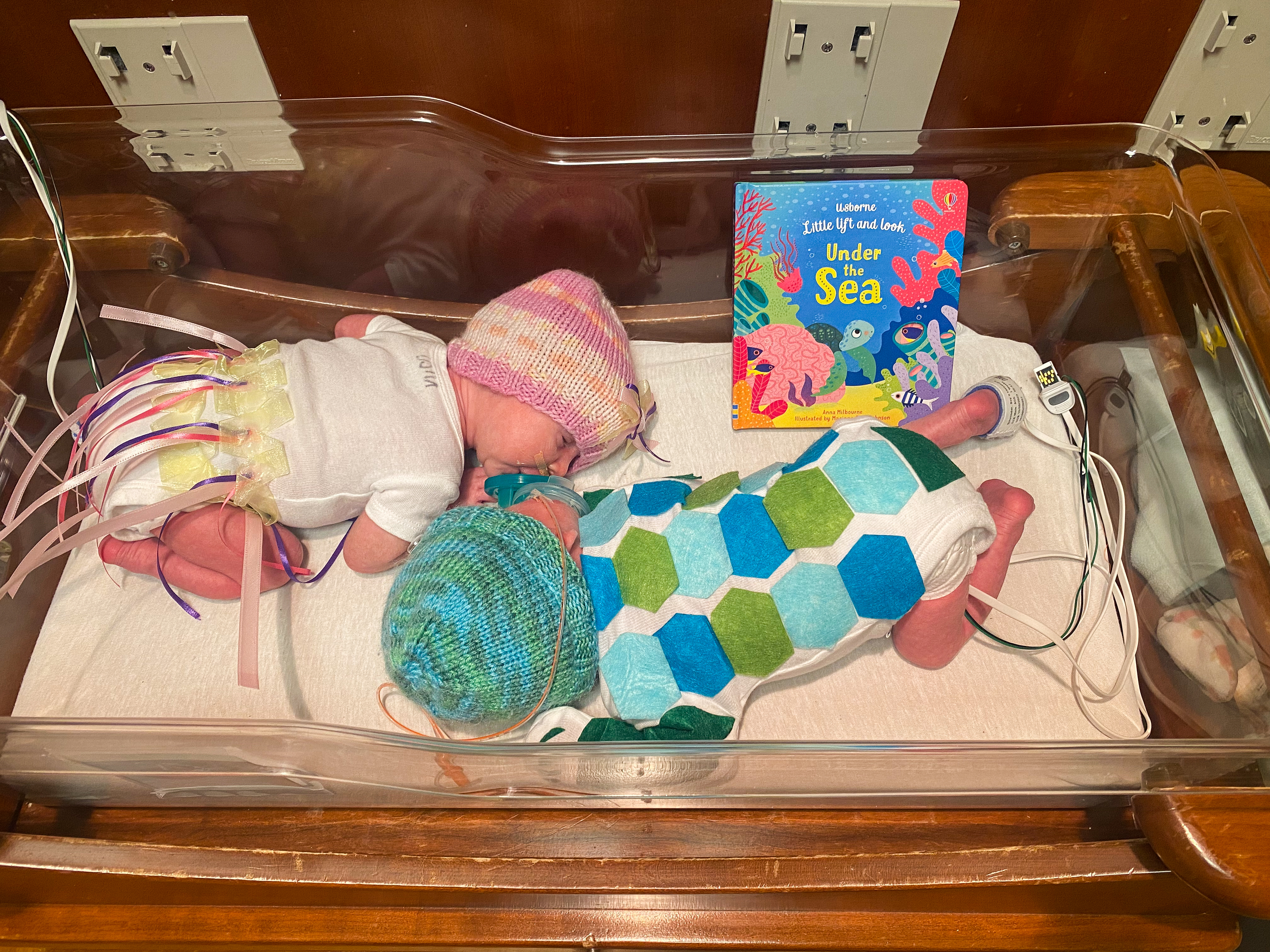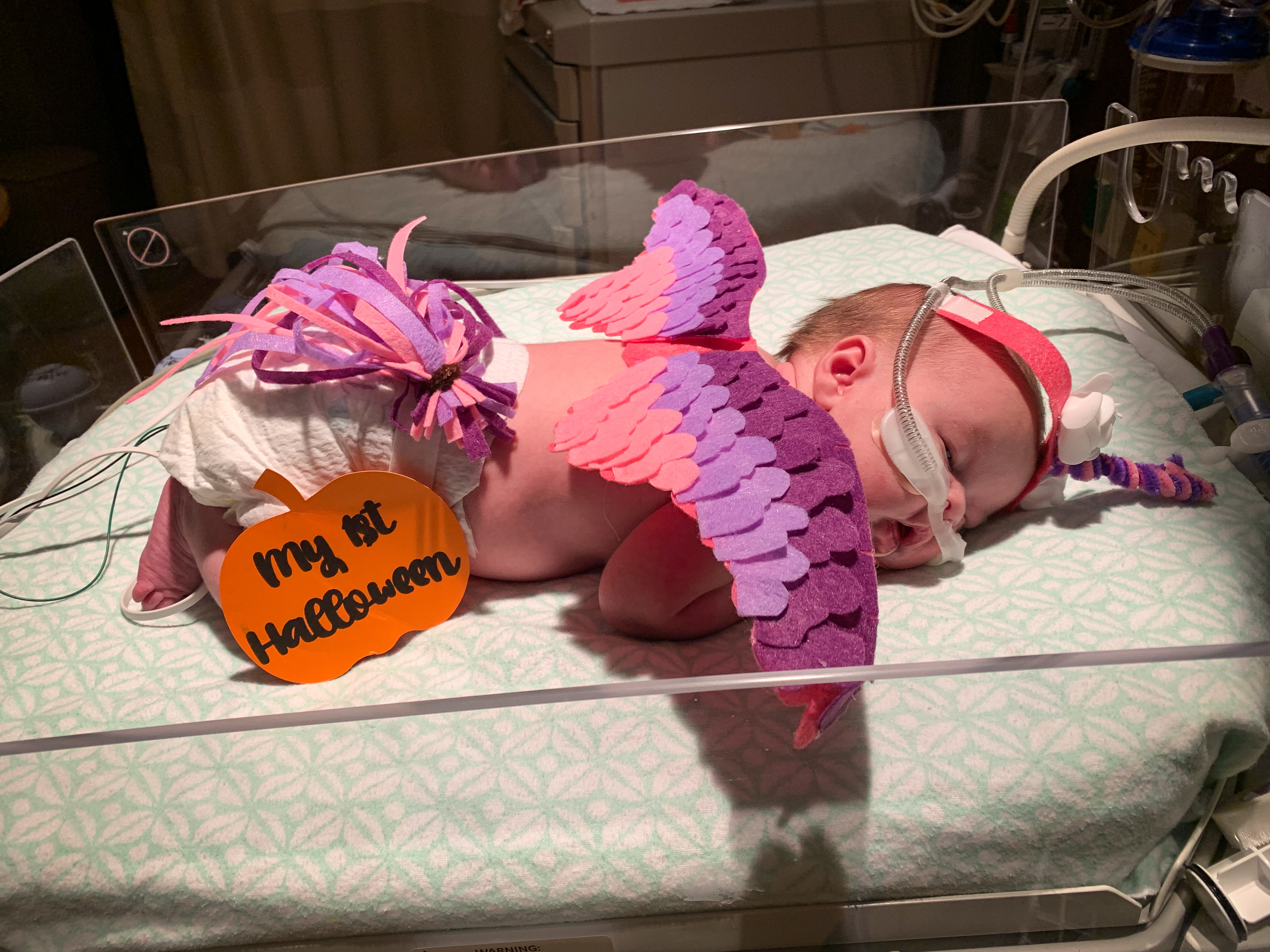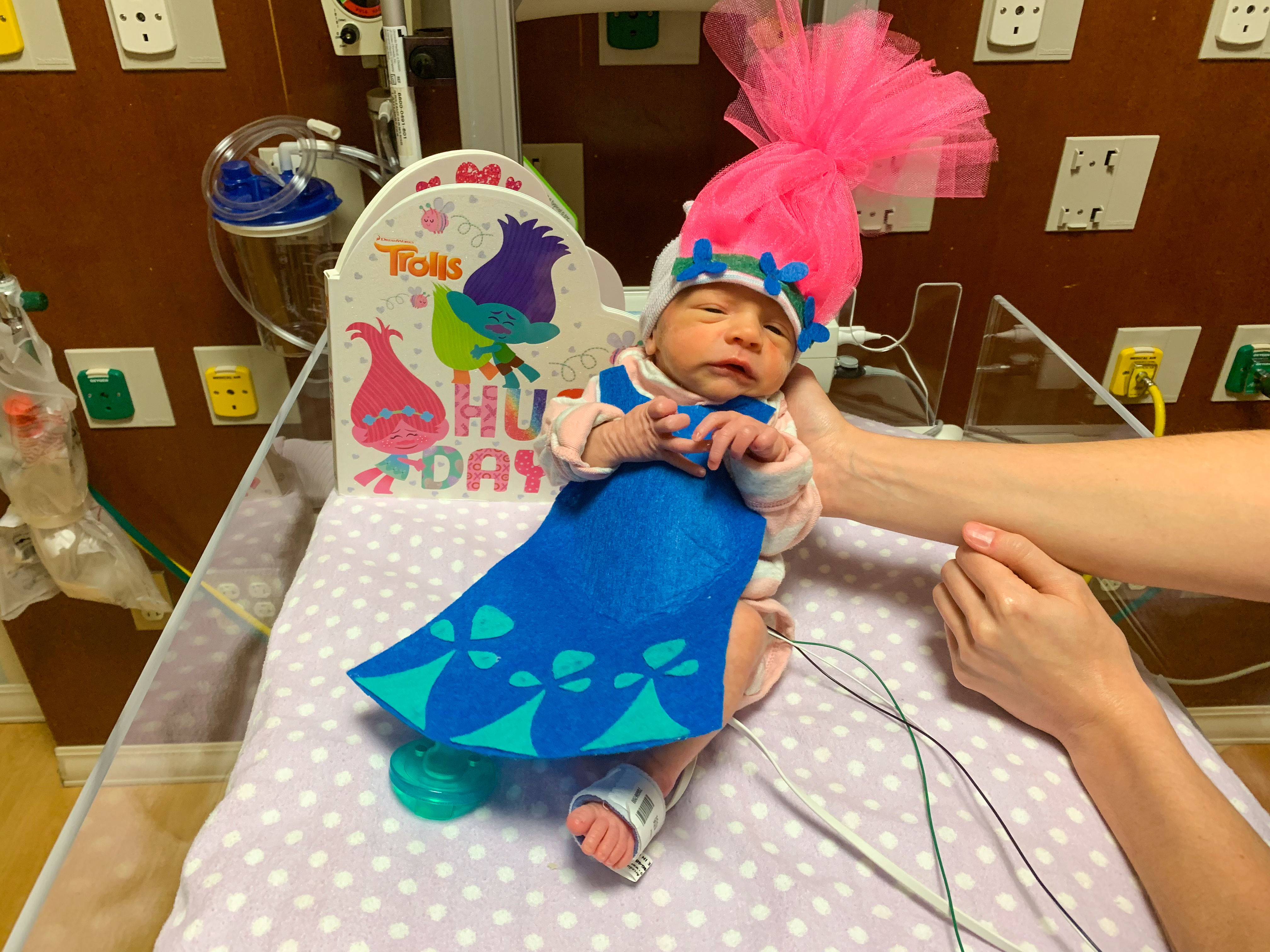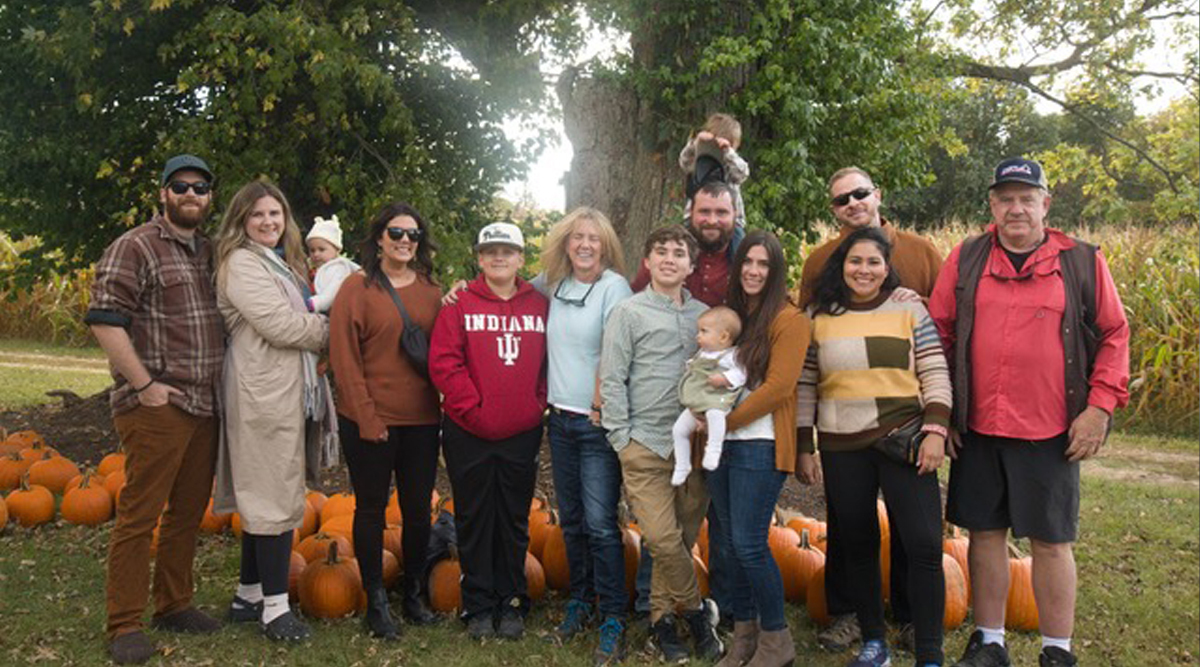By Emma Avila, epackard1@iuhealth.org, writer for IU Health’s Indianapolis Suburban Region
From Avon to Carmel, Jane Seipel is grateful for the skilled and comprehensive breast cancer care she received through IU Health.
Jane Seipel was diagnosed with breast cancer last October, after she discovered a lump in her right breast. The Carmel resident traveled to Avon for her diagnostic mammogram because she could be seen quickly at IU Health West.
“Fortunately, they didn’t see anything in the left breast. But in my right breast, there was definitely something there,” she recalls.
After the imaging, Seipel needed to get an ultrasound and then a biopsy. Depending on scheduling, most patients need to make follow up appointments for additional testing, but Seipel was fortunate enough that she was able to get everything done that day.
That same day, she connected with Dr. JoAnna Hunter-Squires, a surgical oncologist.
She ordered an EKG and some additional lab work, which Seipel was also able to get that day.
Seipel is wheelchair-bound and did not have a family member with her that day, so a team member helped her get around the hospital and stayed with her during appointments.
“It just made me feel so much better,” she says. “They were all professional, good-hearted people.”
After Dr. Hunter-Squires had the results from the additional testing, Seipel returned for a follow up appointment.
“We talked about what was going on,” Seipel says. “It was a fast-growing, estrogen type of cancer, so we needed to do the surgery right away.”
She had a mastectomy at IU Health West on November 9.
“It went well,” she says. “The margins were good and the cancer hadn’t gone into my lymph nodes.”
After surgery, Seipel switched her care to the IU Health Joe & Shelly Schwarz Cancer Center in Carmel, which is closer to home. She was amazed at how easily her care transferred to another IU Health facility.
“It was just so seamless. They send all the records and it’s all good.”
Before her procedure, she met with Terry Augsberger, a bra fitter at the cancer center. Seipel received a camisole that had pouches for her drain tubes post-surgery.
She also began occupational therapy to help with her range of motion and muscle chording on her right side.
“By the time I finished, my range of motion was back to normal,” she says.
Her occupational therapist, Carrie Morris, gave Seipel tips to help with her scarring. Morris suggested using a silicone gel and scar tape to help, which Seipel says made a big difference.
She also began seeing Dr. Nawal Kassem, who specializes in hematology-oncology at the IU Health Schwarz Cancer Center.
“Of course, you’re concerned. The surgeon said I wouldn’t need radiation, but you don’t know what the oncologist will say about chemo,” Seipel recalls. “But she said I definitely didn’t need chemo.”
Seipel returned to IU Health West earlier this year for her six-month follow up with Dr. Hunter-Squires.
“She was very impressed with my progress.”
Now, she is set to see Dr. Hunter-Squires again in November for her one-year follow up. Though the road has been long, she is grateful for the care from the team.
“I can’t say enough about the follow up care that has made all the difference in my recovery,” she shares. “The professionals are really taking care of you.”

